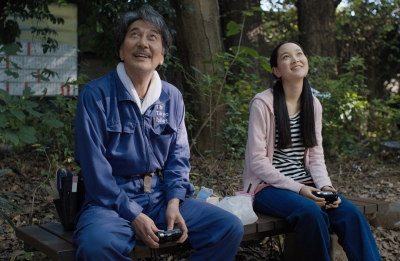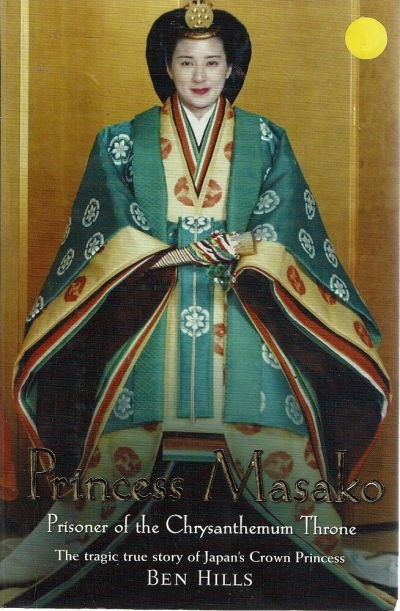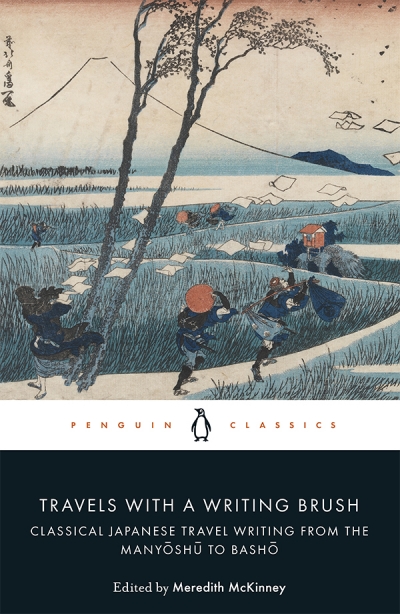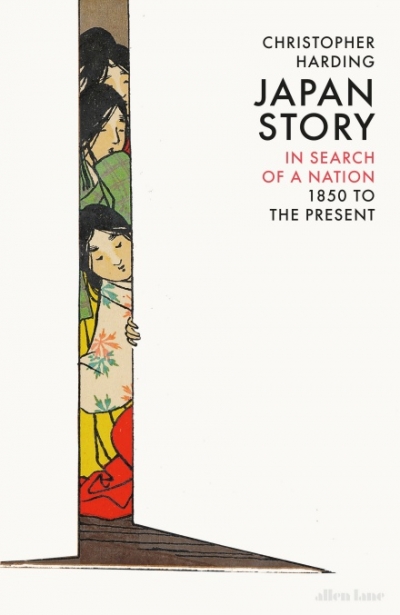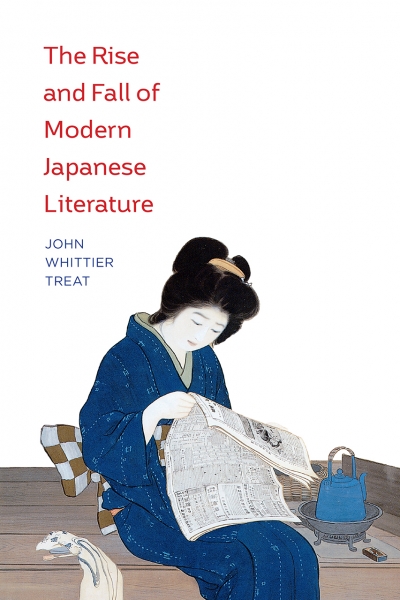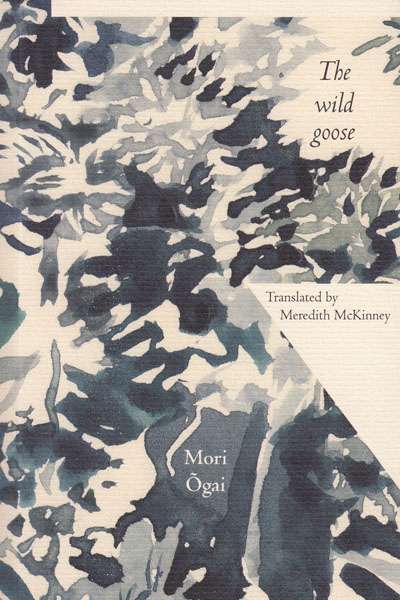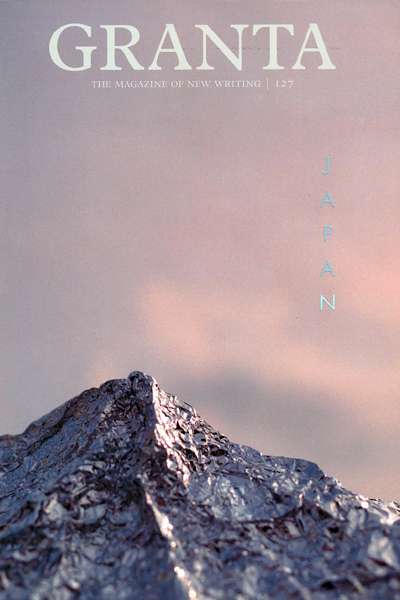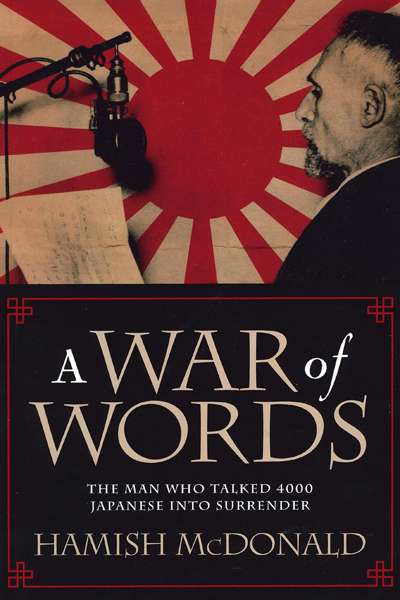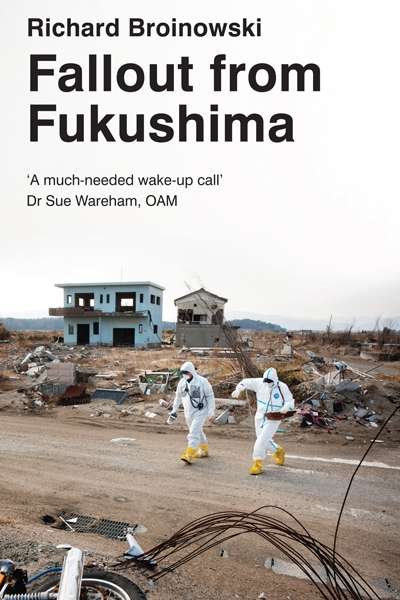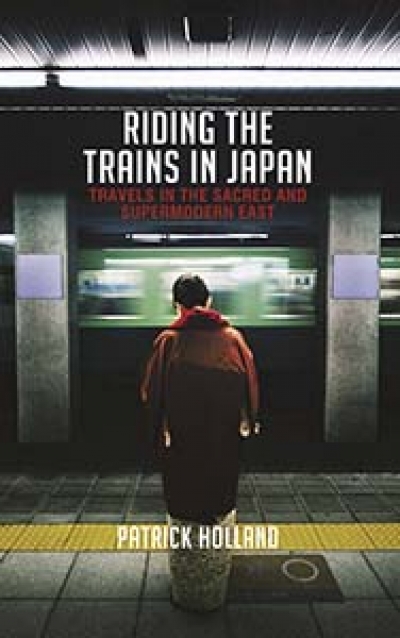Japan
German director Wim Wenders was seventy-seven when he made Perfect Days, with thirty-four feature films under his belt. Perhaps it takes a filmmaker with so much work and life experience to make something as gently meditative as his latest offering. ... (read more)
Princess Masoko: Prisoner of the Chysanthemum Throne by Ben Hills
by Carol Middleton •
Travels with a Writing Brush: Classical Japanese travel writing from the Manyōshū to Bashō edited by Meredith McKinney
by Barry Hill •
Japan Story: In Search of a Nation, 1850 to the present by Christopher Harding
by Alison Broinowski •
The Rise and Fall of Modern Japanese Literature by John Whittier Treat
by Mark Gibeau •
The Wild Goose by Mori Õgai, translated by Meredith McKinney
by Alison Broinowski •
A War of Words: The man who talked 4000 Japanese into surrender by Hamish McDonald
by Darren Swanson •
Riding the Trains in Japan: Travels in the sacred and supermodern East by Patrick Holland
by William Heyward •

